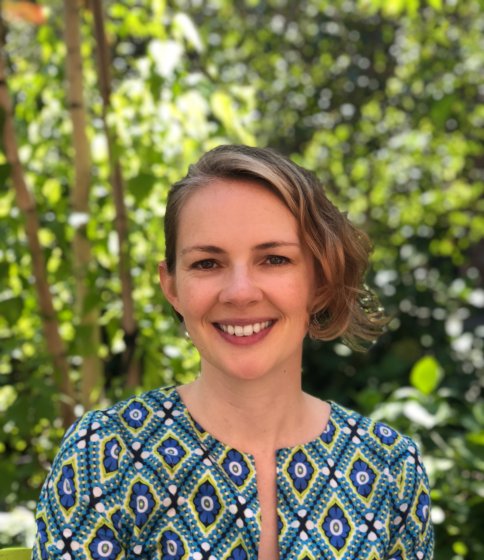
Moira O'Neill
University of California, Berkeley
Moira O'Neill is an Associate Research Scientist in the Institute of Urban and Regional Development at UC Berkeley and an Associate Research Scholar at Columbia University's Urban Community and Health Equity Lab. Her research and teaching focuses on land use, local government law, climate, resilience, and inequality. Her current interdisciplinary research examines state and local government efforts to mitigate the impacts of climate change while also addressing inequality. She is the Principal Investigator on studies that directly support public policy reform to increase access to affordable housing and free healthy school meals. Among them is an empirical legal study, the Comprehensive Assessment of Land Use Entitlements Study (CALES). CALES contributes new data to housing policy debates about which regulations promote housing affordability and integration. This work has also supported recent California legislation to increase transparency around local government regulation of residential development. CALES has received support from the Silicon Valley Community Foundation, Chan Zuckerberg Initiative, California Community Foundation, and California's Air Resources Board. O'Neill's research on sustainable public school meal reform initiatives nationwide has supported district-level and state policy implementation of sustainable school meal improvements, and has received support from California's Department of Food and Agriculture, the Stupski Foundation, Berkeley Food Institute, and Columbia University's Population Research Center. Most recently, California's Bureau of Cannabis Control awarded her and colleagues support to examine whether local regulation of nonmedical outdoor cannabis cultivation is advancing state policy to bring cultivation out of the illegal market to protect public health and the environment. Prior to academia, O'Neill was a public law attorney in California. She received her Juris Doctor, Order of the Coif, from University of California, Hastings College of the Law in 2006.
-
This study evaluates the effectiveness of local government land use policies in promoting inclusive neighborhoods by introducing a novel Fair Housing Land Use Score (FHLUS).
July 12, 2023
|Evidence
| -
 Turning research into actionAffirmatively Furthering Fair Housing in California: A Bumpy Rollout or a Flawed Approach?
Turning research into actionAffirmatively Furthering Fair Housing in California: A Bumpy Rollout or a Flawed Approach?As currently defined by the Department of Housing and Urban Development (HUD), Affirmatively Furthering Fair Housing (AFFH), part of the Fair Housing Act, has four goals: “a) addressing significant disparities in housing needs and in access to opportunity, b) replacing segregated living patterns with truly integrated and balanced living patterns, c) transforming racially and ethnica
May 24, 2022
|P4A Spark
| -
Affirmatively Furthering Fair Housing (AFFH), enhancing federal efforts to hold local governments accountable in reducing segregation. The Trump administration rescinded this rule in early 2018, but eight states continue to implement AFFH programs. With recent legislation incorporating AFFH in its Housing Element Law, California now has perhaps the most expansive approach to AFFH in the country. All local governments in the state must update the Housing Element of their general plan over the next two years (2020-2022), a process through which they must plan to accommodate housing growth over an eight-year period and demonstrate to the state they have zoned an adequate number of sites for low-income housing.
December 1, 2020
|Has Evidence
|